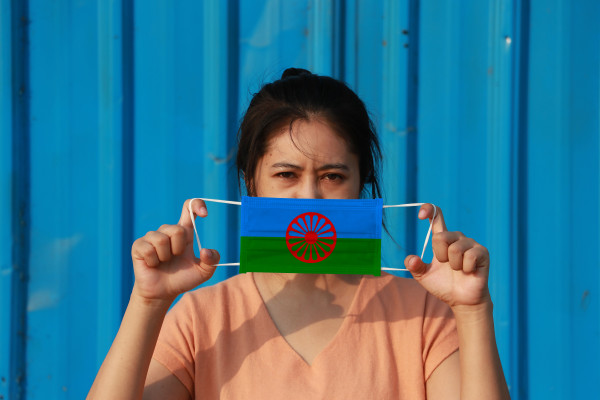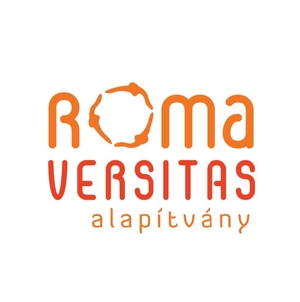European Commission releases Annual Sustainable Growth Strategy (ASGS) 2021 – What’s in it for Europe’s Roma?
On 17 September 2020, the European Commission published the Annual Sustainable Growth Strategy 2021, accompanied by two annexes, namely the Guidance to Member States on Recovery and Resilience Plans and the Commission Staff Working document, template, Recovery and Resilience Plans. This package launches the European Semester 2021. ERGO Network and its national members have reviewed the Package from a Roma rights, equality, inclusion and participation perspective.
Read the full ERGO Network assessment here.
Released two months earlier than usual, the ASGS confirms the commitment to the European Green Deal and reaffirms the four key dimensions of Europe’s growth strategy – environmental sustainability, productivity, fairness, and macroeconomic stability – as guiding principles for the new European Semester cycle. However, it marks a distinct temporary change from previous processes, as it introduces new delivery mechanisms for the next 2-3 years. The main focus of this year’s ASGS is the Recovery and Resilience Facility, the central pillar of Next Generation EU, which is the European Union’s “emergency temporary recovery instrument to help repair the immediate economic and social damage brought about by the coronavirus pandemic, support an economic recovery and build a better future for the next generation.”
While there is no explicit mention of the European Roma in the Annual Sustainable Growth Strategy, ERGO Network welcomes that “people with a minority racial or ethnic background” are indicated as having been disproportionately hit by the coronavirus crisis (page 9). We further salute commitments to “address long-standing challenges that affect the fairness in society … and rising inequalities” (page 3), and to “support those who have been hit hardest by the crisis, such as … vulnerable groups” (page 4).
This year’s Annual Sustainable Growth Strategy is driven by an overriding impetus to fight the immediate consequences of the Covid-19 pandemic and build a green and digital Europe. To our great disappointment, all 7 flagship initiatives proposed only deal with green and digital priorities, with virtually no social or equality objective. While references to disadvantaged groups are included and very welcome, the document clearly shows a prioritisation of green and digital transitions and macroeconomic sustainability, with fairness and social aspects being comparably less stressed in the recovery effort. The Roma are not specifically taken into account, and there is a lack of coordination and complete disconnect between Europe’s growth and recovery strategies and the EU Roma Strategic Framework for Equality, Inclusion, and Participation. While it is indicated that the Resilience and Recovery Plans should be consistent with other national initiatives, such as the Energy and Climate Plans and the Partnership Agreements and Programmes, sadly nothing is said about coherence with the National Roma Integration Strategies.
Encouragingly, the Guidance to Member States contains two references inviting them to consult civil society organisations in the drafting and implementation of the Recovery and Resilience Plans, as well as to describe their consultation and contribution, and to include a summary of the stakeholders’ involvement (in the Template). Conversely, the Annual Sustainable Growth Strategy only vaguely mentions “social partners and other relevant stakeholders”. More efforts are needed to ensure real ownership of these processes at both EU and national level.
ERGO Network will continue to push for bringing Roma rights and inclusion much more in focus in the processes of the European Semester and the disbursement of Recovery and Resilience funds, and for better alignment with the priorities of the Sustainable Development Goals and the European Pillar of Social Rights.
For more information about ERGO Network’s work on EU social inclusion and employment policy (European Semester, Europe 2020, European Pillar of Social Rights, Sustainable Development Goals etc), please contact Senior Policy Adviser Amana Ferro.











